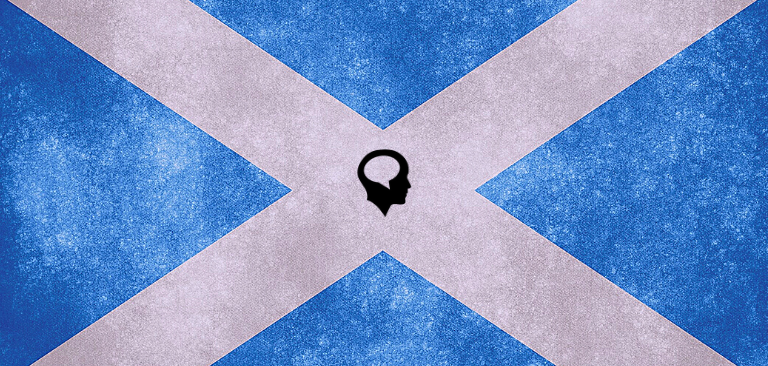Scotland’s highly controversial Hate Crime and Public Order Bill has passed with 82 votes in favor, 32 against, and four abstained.
The bill, that has been hotly contested by freedom of speech advocates, builds on the already existing legislation criminalizing what’s termed as “stirring up” hatred against people based on race. But this time, Scotland has made it a crime to “stir up hatred against protected groups.”
Reports say that few laws adopted by the Scottish Parliament in the 20 years of its existence have been more disputed. According to them, Justice Secretary Humza Yousaf from the ruling SNP, who tabled the bill, had to make several concessions and introduce changes to the original draft in order to try to reassure those who think freedom of speech is now in serious jeopardy in Scotland.
The bill’s broad and ambiguous definitions state that “intent” must be established to stir up hatred against protected groups, and it must pass “a reasonable person’s test before an offense has been committed.”
Reclaim Your Digital Freedom.
Get unfiltered coverage of surveillance, censorship, and the technology threatening your civil liberties.
Background on the law:
Rights groups push back against Scotland’s proposed hate speech law
In Scotland, saying that sex is binary could soon be a crime
Scotland’s hate speech law is vague and dangerous for free speech, expert says
Free speech exception to Scottish hate crime bill withdrawn after backlash from SNP members
Authors, comedians, and actors push back against Scotland’s authoritarian Hate Speech bill
Yousaf’s amendment said that criticizing or discussing “protected characteristics” would not in itself be considered a hate crime, as threats and abuse, while Justice Committee Convener Adam Tomkins, from opposition Conservatives, also contributed with an amendment that sought to incorporate the spirit of Article 10 of the European Convention on Human Right, so the new bill now allows Scots to “offend, shock or disturb” without being punished.
But another Conservative, Liam Kerr, described the bill as still fundamentally flawed despite the changes introduced in order to improve it, adding that there was no proper balance in the legation both protecting free speech and preventing hate, and said the party would not back it.
However, other opposition parties did, with Labour representative Neil Bibby saying his party has adopted a zero tolerance approach to hate crime and backs the government in using “the full force of the law” in dealing with it.
Both Kerr and Bibby criticized the final draft for not including sex as one of the “protected characteristics” considering that women often become targets of hate crime because of their sex.
One fear the bill’s critics expressed earlier was that people would not be allowed to utter “controversial” stances about certain groups even in their own homes, and could end up charged with committing a hate crime – but those who backed the bill now say that is not the case.




